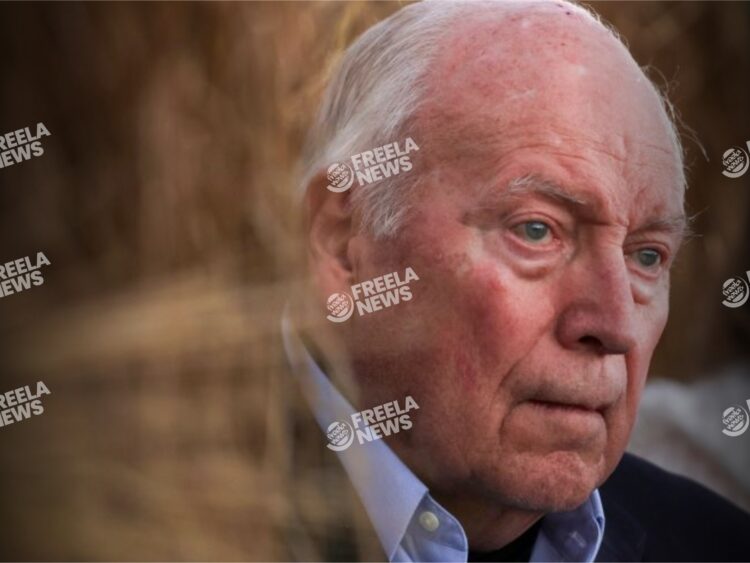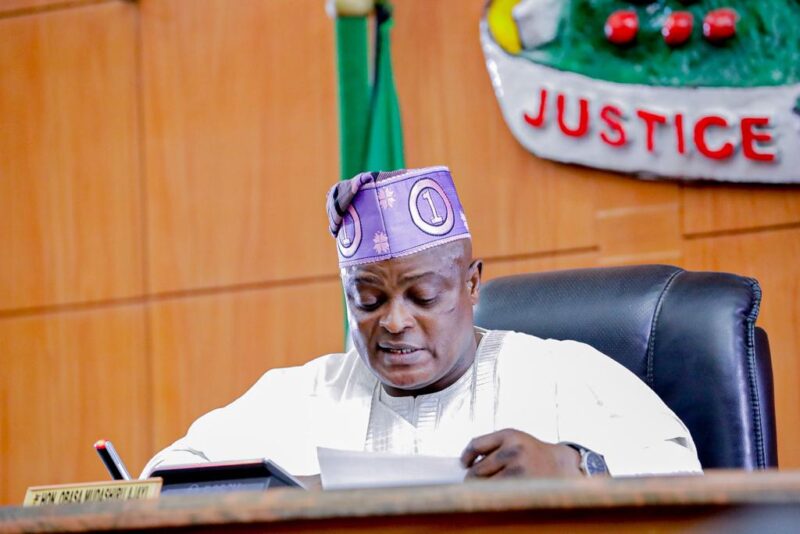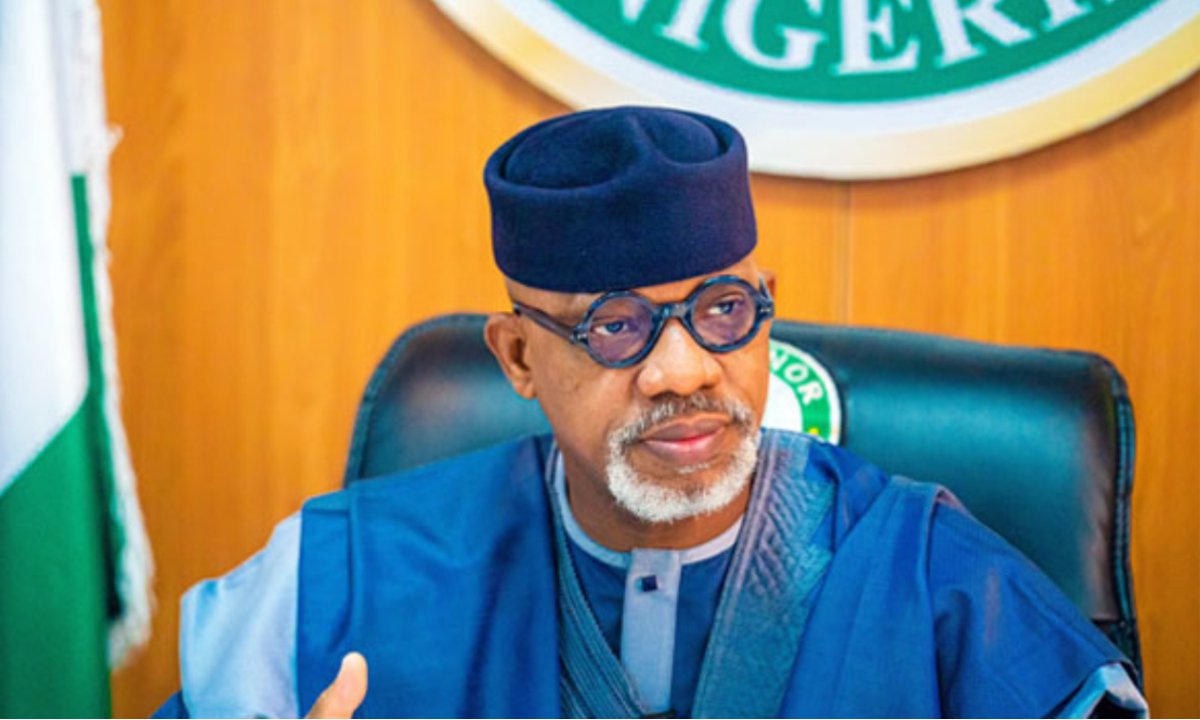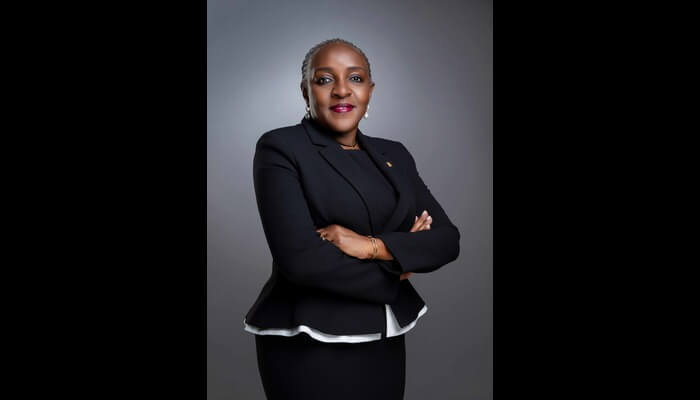Dick Cheney death marks the end of a political era as the former US vice president and Iraq war architect dies at 84 from heart and lung complications.
Dick Cheney death has marked the close of one of America’s most controversial political lives. The former US vice president, who was the chief architect of the 2003 invasion of Iraq, died on Monday at the age of 84 from complications related to pneumonia and heart disease, his family confirmed.
Cheney, regarded by historians as one of the most powerful vice presidents in US history, was the driving force behind the George W. Bush administration’s decision to invade Iraq in search of weapons of mass destruction. None were found, yet the war he championed shaped global politics for decades.
As vice president from 2001 to 2009, Cheney wielded extraordinary influence.
Determined to restore what he saw as a weakened presidency after the Watergate era, he expanded executive powers and built a national security apparatus that often operated independently within the Bush administration.
A Republican stalwart, Cheney had served as Wyoming’s lone congressman and as defence secretary under George H. W. Bush, directing the 1991 Gulf War that drove Iraqi forces out of Kuwait.
His decades in Washington made him a consummate insider, trusted by the Bush family for his experience and iron will.
When George W. Bush selected him as his running mate in 2000, Cheney was meant to steady a youthful presidential hopeful.
Instead, he became the administration’s most forceful policy driver, advocating pre-emptive strikes, defending harsh interrogation practices later deemed torture, and shaping America’s post-9/11 doctrine.
Cheney’s worldview was defined by hawkish realism. He once claimed that US troops in Iraq would be “greeted as liberators” and that the campaign would last only “weeks rather than months”.
The conflict endured for nearly a decade, cost hundreds of thousands of lives, and left a region in turmoil.
Yet Cheney maintained until his death that removing Saddam Hussein had been the right decision based on the intelligence available at the time.
He was never far from controversy.
His tenure saw him clash with Secretaries of State Colin Powell and Condoleezza Rice and face criticism for his support of “enhanced interrogation techniques”, including waterboarding and sleep deprivation.
To his detractors, he was ruthless and secretive. To supporters, he was principled and unflinching.
In later years, Cheney surprised many conservatives by backing his daughter Liz Cheney’s decision to oppose Donald Trump after the 2021 Capitol riots.
“There has never been an individual who is a greater threat to our republic than Donald Trump,” he once declared, breaking ranks with his party.
Born in Lincoln, Nebraska, on 30 January 1941, Richard Bruce Cheney rose from modest beginnings to become a symbol of Republican power and resilience.
Plagued by heart problems throughout his life, he suffered his first attack at 37 and underwent a heart transplant in 2012.
Cheney’s personal life remained closely intertwined with politics. His wife Lynne became a conservative commentator, and their daughters, Liz and Mary, both pursued political influence in their own right.
Mary’s openness about being gay led Cheney to take a rare stand in support of same-sex relationships, setting him apart from many in his party.
Despite scandals and satire, including a portrayal by Christian Bale in the 2018 film *Vice*, Cheney relished his role as Washington’s ultimate hardliner.
He once joked about being compared to Darth Vader and even dressed as the “Star Wars” villain on a television show, saying he was proud of the nickname.
His family said he died surrounded by loved ones, leaving behind his wife, Lynne, and daughters Liz and Mary.
Source: Read more at punchng.com

Freelanews is a potpourri of news, entertainment, business, events and photos. This is no fake news.




























